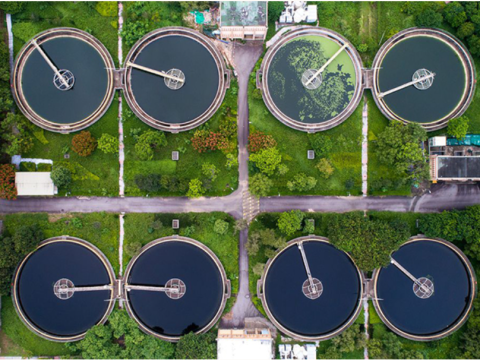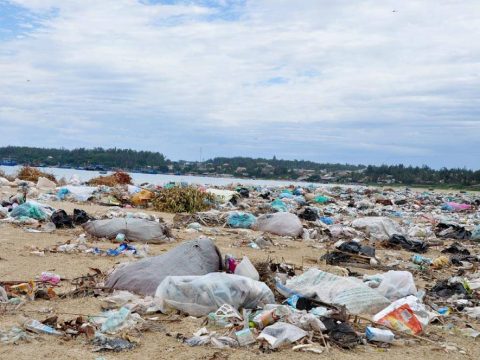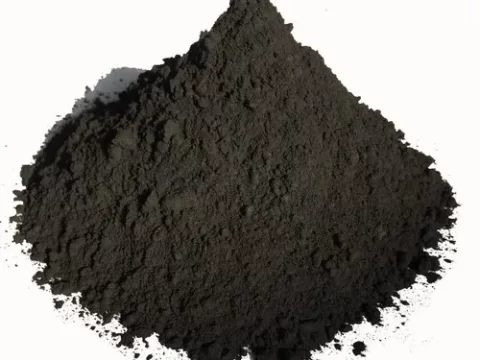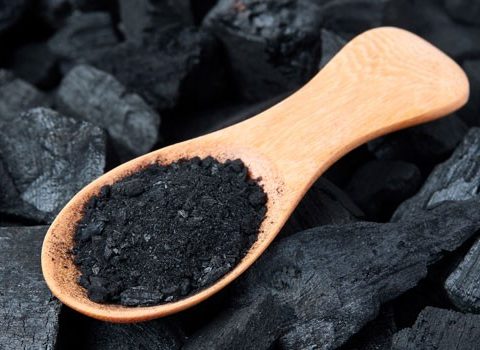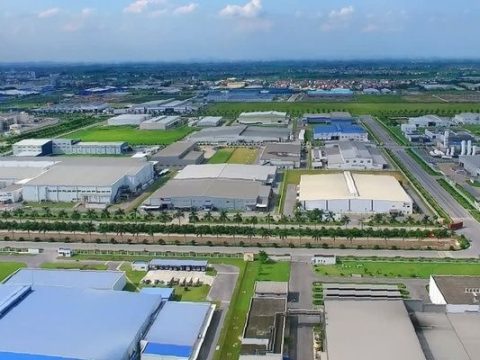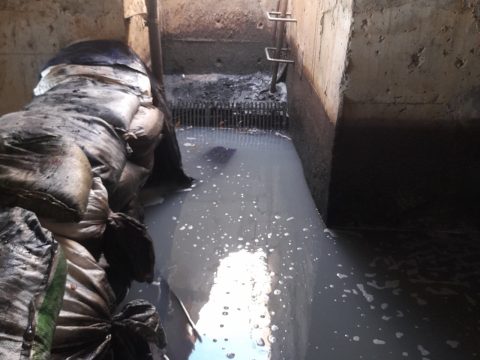Overview: Chemicals Used in Industrial Wastewater Treatment
Industrial wastewater contains many pollutants, causing serious impacts on the environment if not treated properly. Chemicals play an important role in the wastewater treatment process, helping to remove pollutants and clean water before discharging into the environment.
Why use chemicals to treat wastewater?
- Eliminate pollutants: Chemicals help precipitate, adsorb and remove suspended solids, heavy metals, organic matter, grease, etc.
- Increase treatment efficiency: Chemicals help speed up the treatment process, effectively removing pollutants.
- Adjust pH: Many wastewater treatment processes require pH at a certain level, chemicals help adjust pH.
- Disinfection: Bactericidal chemicals help kill pathogenic microorganisms in wastewater.
- Decolorization, deodorization: Chemicals help remove color and unpleasant odors in wastewater.
- Create flocs: Coagulant chemicals help suspended particles in water combine into large flocs, which easily settle.
Common chemicals used in wastewater treatment:
-
Flocculants:
- PAC (Poly Aluminium Chloride): Capable of creating large, fast, highly effective flocs.
- Kali alum, iron alum: Traditional, low-cost coagulants.
- Polymer: Increases the efficiency of the flocculant process, creating strong flocs.
-
Neutralizing chemicals:
- Acid (HCl, H2SO4): Used to neutralize alkaline wastewater.
- Base (NaOH, Ca(OH)2): Used to neutralize acidic wastewater.
-
Disinfectant chemicals:
- Chlorine, chloramine: Common disinfectants, kill bacteria and viruses.
- Ozone: Has strong oxidizing ability, kills many types of microorganisms.
-
Decolorizing and deodorizing chemicals:
-
- Activated carbon: Adsorbs organic substances that cause color and odor.
- Oxidizing chemicals (KMnO4, …): Oxidizes organic substances that cause color and odor.
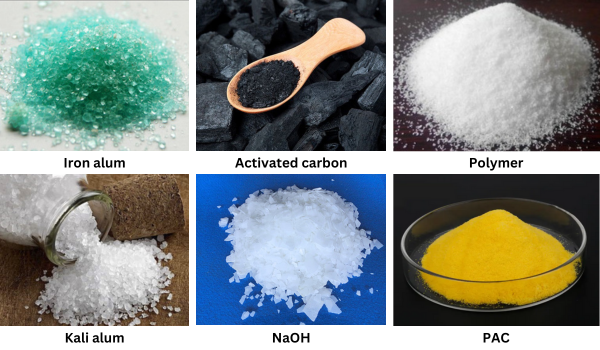
Wastewater treatment process:
- Pretreatment: Remove large solids, fats, grease
- Flocculation: Add coagulant chemicals to wastewater to form flocs.
- Settling: Let flocs settle to the bottom of the tank.
- Filtering: Filter water through layers of filter material to remove small suspended particles.
- Disinfection: Kill microorganisms with disinfectants.
- Discharge: Discharge treated water into the environment.
Notes when using chemicals:
- Choose the right type of chemical: Depending on the properties of the wastewater, choose the appropriate type of chemical.
- Dosage: Use the right dose of chemicals, avoid overdose or underdose.
- Safety: Comply with labor safety regulations when working with chemicals.
- Environment: Choose environmentally friendly chemicals.
Conclusion
Chemicals play an important role in industrial wastewater treatment. However, the use of chemicals must comply with regulations and instructions to ensure safety and effectiveness. Choosing the right type of chemical, dosage and treatment process will help protect the environment and public health.
>> Read more: How to treat textile wastewater using activated carbon



